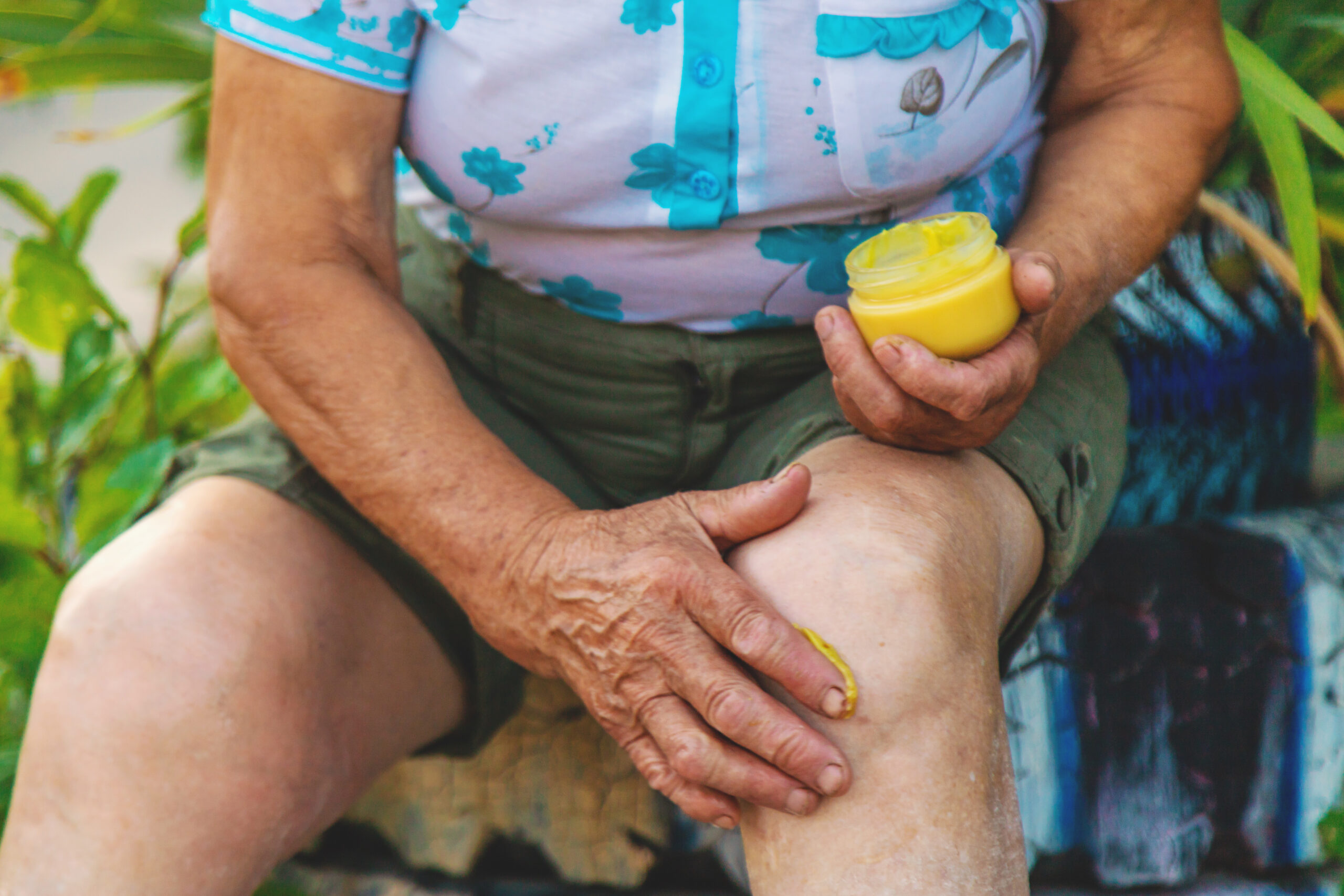Let’s be honest: If we hear an unusual sound coming from our body, our mind can jump to the worst conclusions. The truth is that our body can make all kinds of sounds that aren’t a call for concern. For example, your stomach could make a rumbling noise when you’re hungry or you could develop hiccups seemingly out of the blue. But what about a crunching sound coming from your knee?
If you hear a “crunch” from your knee, there are several potential explanations that aren’t a reason to be worried. On the other hand, a crunching sound may be a symptom of a medical condition or injury that requires treatment. By learning about possible explanations, you can gain insight into when you should talk to your health care provider.
We’ll start off by talking about causes of a crunching sound in your knee that aren’t a big deal and then dive into potential medical conditions or injuries that require further care.
Non-concerning reasons you could be hearing a crunching sound in your knee
In the medical world, a crunching sound is called crepitus. It’s also a term used to describe crackling or popping sounds. It can occur from a variety of bent knee movements, such as sitting down in a chair, crouching down to tie your shoes or climbing up stairs.
Crepitus in your knee typically isn’t concerning unless it’s occurring alongside other symptoms, such as knee pain, stiffness or instability.
Here are some non-concerning potential causes of a crunching sound in your knee:
- Gas bubbles — It’s possible that there’s gas built up in your knee from the synovial fluid that covers your joints. When you bend your knee, a crunching sound is a potential sign that the gas has been released.
- Stretched ligament or tendon — There are many bony structures that make up your knee. If a ligament or tendon becomes stretched over one of those structures, it can snap during the knee movement, leading to a crunching sound.
- Cartilage rubbing — There’s cartilage in your knee that works to absorb shock and protect your bones. A crunching sound could stem from cartilage rubbing up against nearby soft tissue when you bend your knee.
Conditions and injuries that can cause a crunching sound in your knee
While medical conditions or injuries that cause crepitus aren’t necessarily a call for concern, you should still seek an evaluation and treatment from your health care provider if you’re experiencing related symptoms.
Here are medical conditions or injuries that could explain a crunching sound in your knee:
- Meniscus tear — There are pieces of cartilage located on the inside and outside of your knee, known as menisci. They work as shock absorbers between the thighbone and shinbone. If your knee is forcefully rotated or twisted while your foot is planted, the meniscus can tear. Symptoms include a crunching or clicking sound as well as joint pain, stiffness and instability.
- Patellofemoral pain syndrome — Commonly referred to as “runner’s knee,” patellofemoral pain syndrome is a condition that impacts the cartilage under the kneecap. It often develops from overuse or injury. The main symptom is pain in front of or around the kneecap; it can also cause a crunching sound, swelling and instability.
- Osteoarthritis — The most common form of arthritis, osteoarthritis can develop in the knee when the cartilage in the knee joint gradually breaks down over time. Crepitus is often an early sign of osteoarthritis in the knee. Other common symptoms of the chronic condition include pain, stiffness and swelling.
Forever Fit can help address and treat the cause of a crunching sound in your knee
Hearing a crunching sound from your knee every now and then isn’t a big deal. If it becomes a consistent problem that’s also occurring alongside knee pain or stiffness, it’s time to book an appointment with Forever Fit.
Forever Fit physical therapists can determine the likely cause of the knee crunching sound through an evaluation during your first appointment. We’ll also assess your knee’s strength, flexibility, range of motion and function. From there, we’ll design a personalized treatment plan tailored to your symptoms, physical abilities and goals.
Our objective is to help reduce symptoms, such as knee pain and crepitus, as well as improve the overall quality of the knee. Accomplishing these goals may involve treatments such as targeted exercises and manual therapy.
Contact our team today for more information or to schedule an initial appointment.

